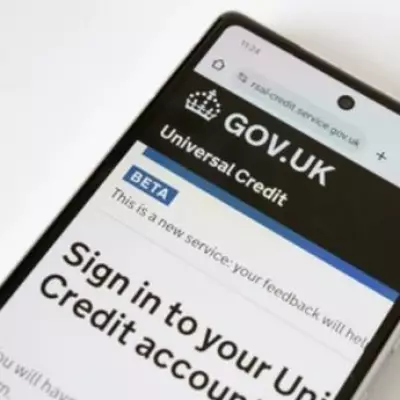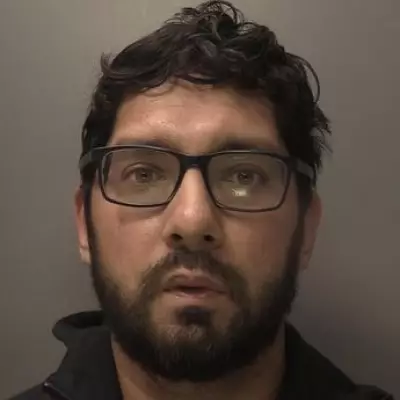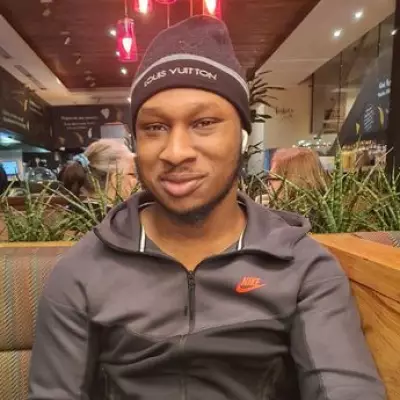
Vulnerable state pensioners across the UK are facing the terrifying prospect of losing access to their televisions as new data reveals a shocking surge in enforcement action against those struggling to pay the BBC licence fee.
According to recent Freedom of Information findings, TV Licensing has initiated a staggering 13,863 investigations against individuals over state pension age in the West Midlands alone during the past three years. This alarming trend highlights the devastating impact of the cost of living crisis on older citizens.
The £169 Dilemma
The controversial decision to scrap free TV licences for most over-75s in 2020 has created an impossible choice for many pensioners: sacrifice £169 from their already stretched budgets or risk prosecution and losing what for many is their primary connection to the outside world.
"For countless elderly people, television isn't just entertainment - it's a vital lifeline," explains Age UK. "It combats loneliness, provides company, and keeps them informed and connected when mobility issues might otherwise leave them isolated."
Enforcement Actions Skyrocket
The scale of the crackdown is breathtaking:
- Over 4,800 investigations launched in the West Midlands in 2023 alone
- More than 4,500 similar cases in 2022
- Nearly 4,500 enquiries commenced in 2021
These figures represent real people - neighbours, grandparents, and community members - now facing the stress of potential legal action during what should be their golden years.
A National Crisis in the Making
While the West Midlands data paints a concerning picture, campaigners warn this is likely just the tip of the iceberg across the United Kingdom. The combination of frozen income thresholds and rising essential costs has created a perfect storm that's pushing more pensioners into difficult decisions about which necessities they can afford.
Charities and advocacy groups are urging the government and BBC to reconsider the current system, arguing that the safety net for our oldest citizens has developed dangerous gaps that are affecting real lives every day.





